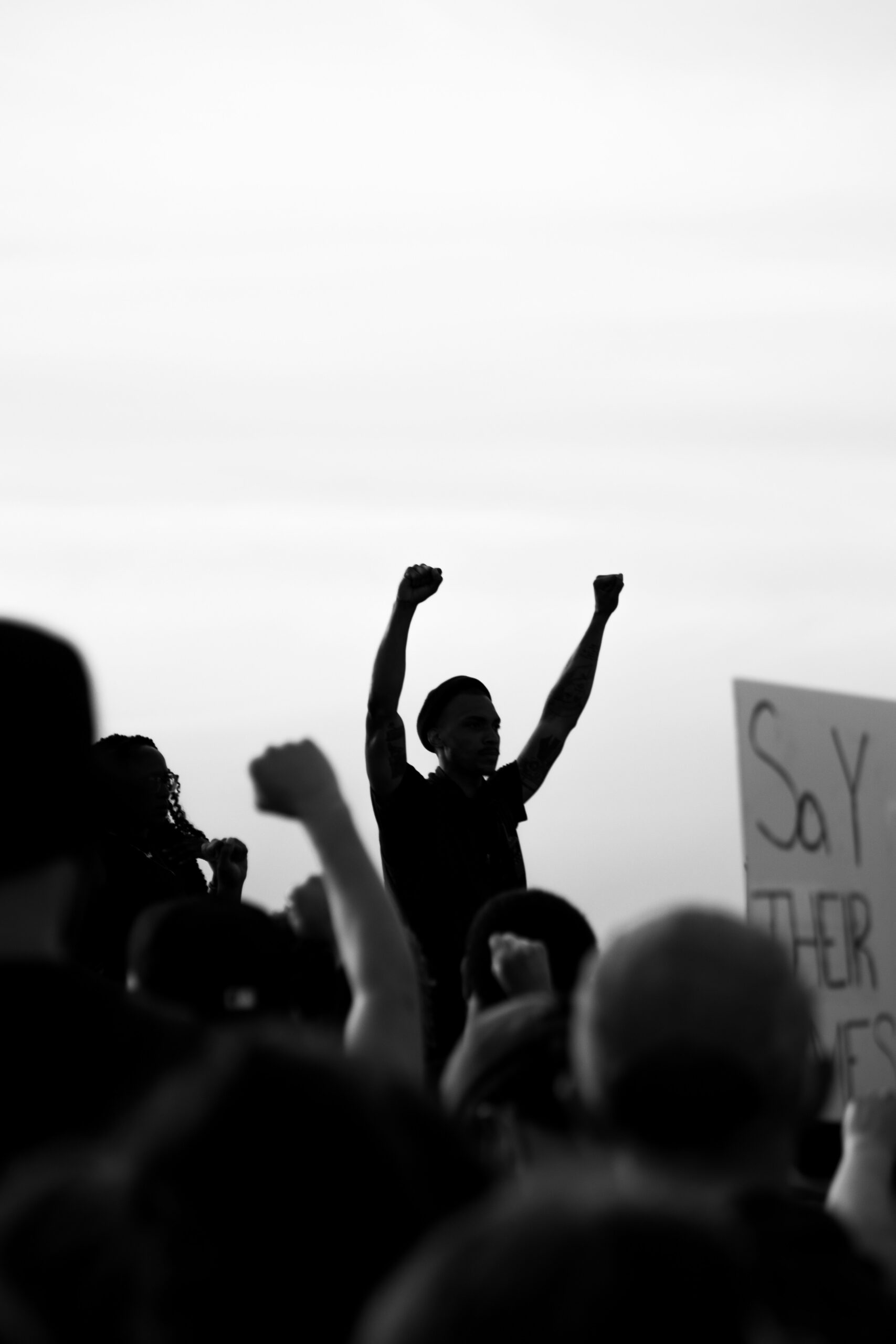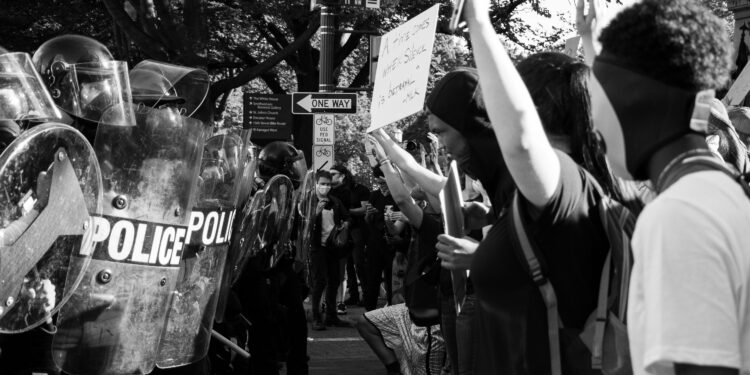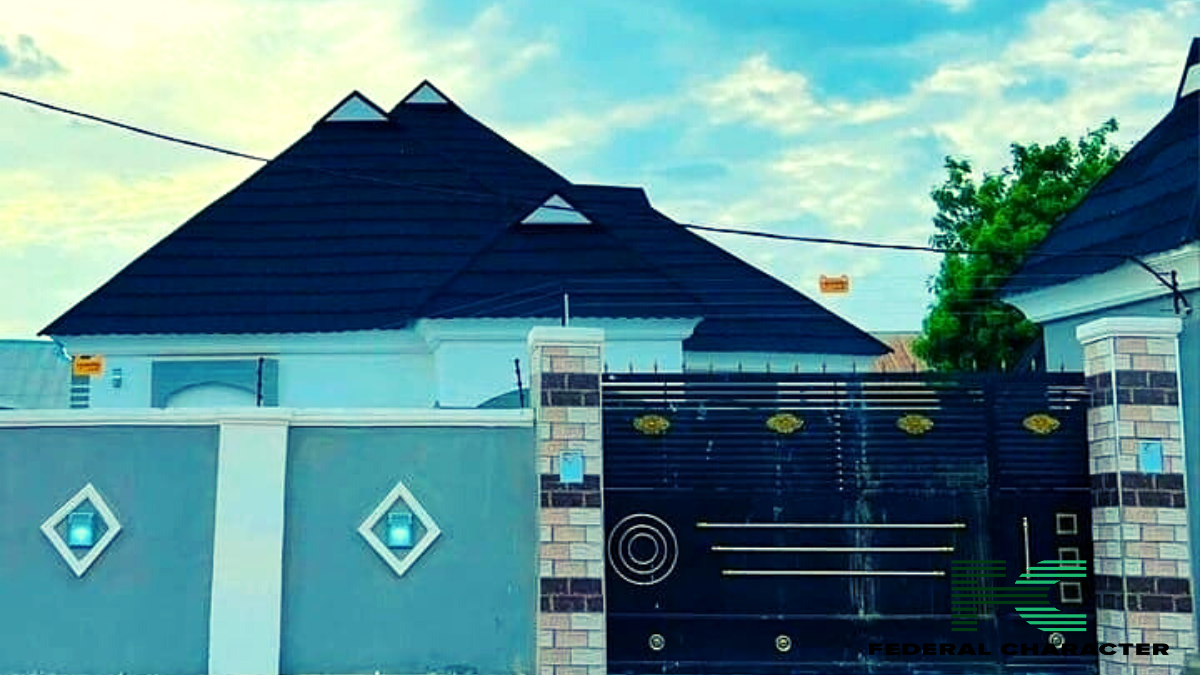The latest wave of protests sweeping across France is not merely a reaction to budget cuts or a prime minister’s ousting; it’s a symptom of a much deeper, festering disease. The “Block Everything” movement is a desperate cry from a public that feels completely abandoned by its political class. This is the sound of a country rejecting austerity policies and a leadership that seems to live in a bubble of its own making.
The chaotic scenes of burning bins and scuffles with police are not random acts of vandalism—they are a direct result of President Emmanuel Macron’s refusal to acknowledge that his top-down style of governance and his pro-business agenda have failed to improve the lives of ordinary citizens. This is the real story here.
The most striking aspect of the “Block Everything” movement is its uncanny resemblance to the “Yellow Vest” protests of 2018. Both movements started from the grassroots, bypassing traditional unions and political parties, and found their strength through social media. Both are a broad expression of discontent against a “dysfunctional ruling elite.”

While the Yellow Vests began as a reaction to fuel taxes, the current movement is a response to proposed budget cuts that threaten public services. The core message, however, remains the same: the French people feel that Macron’s government is out of touch and that his reforms disproportionately benefit the wealthy while asking the working class to bear the burden of austerity.
The constant merry-go-round of prime ministers—now five in less than two years—only adds to the sense of political paralysis. It tells the public that the problem isn’t the policy, but the person pushing it. This explains why protesters now believe it’s Macron himself who must go.
Why It Matters
For France to move beyond this cycle of protest and political instability, its leadership must fundamentally change its approach. The solution is not to simply deploy more police or make more arrests. That only treats the symptom, not the cause. First, the Macron government must abandon its tone-deaf stance on austerity and acknowledge the legitimate grievances of the protesters.
Instead of forcing through unpopular budget cuts, it should open a genuine dialogue with a diverse range of social and economic groups to find a more equitable solution to the country’s ballooning debt. This could include a re-evaluation of tax cuts for corporations and the wealthiest.
The government must also address the growing democratic deficit. The “Block Everything” movement shows that citizens feel unrepresented in the traditional political system. Macron should consider bold institutional reforms to empower parliament and give citizens a greater voice in policy-making, rather than relying on a small circle of loyalists.
Ultimately, the future of France depends on whether its leaders are willing to finally listen to the people, or if they will continue to push a failing agenda until the anger on the streets boils over completely.

















